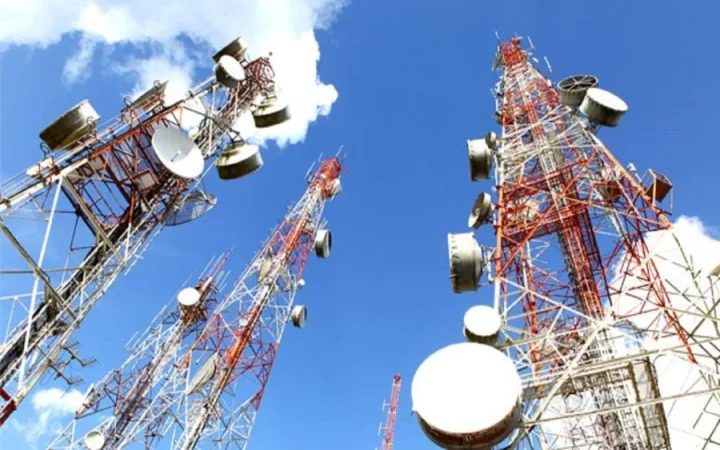The Chairman of the Association of Licenced Telecom Operators of Nigeria, Gbenga Adebayo, is worried about the worsening condition of telecom infrastructure in Nigeria. He says the main reason is the lack of investment from operators.
During an appearance on Channels Television’s The Morning Brief breakfast show, Adebayo linked the decline to economic challenges in the country, which have caused a decrease in investment. This has led to outdated systems, poor quality of service, and inadequate pricing.
The interview, recorded and posted on Saturday, highlighted the urgent need for investment in the sector to address the crisis and ensure better services for consumers.
This comes just two weeks after telecommunications companies said they were thinking about raising their service prices, including voice calls and data, to cover operational costs and economic challenges.
Operators also called on the Federal Government to start a productive discussion with industry stakeholders about pricing challenges and to create a framework that balances consumers’ affordability with operators’ financial viability.
During the interview, the ALTON Chairman stated, “If you don’t invest in a sector, you can’t talk about quality of service; you can’t talk about right pricing. The government must help, and the time is now.”
He compared the situation to the energy sector, where a lack of investment in infrastructure has led to old substations and transformers, some of which are 25–30 years old.
He explained, “When the people in the energy sector came, they licenced the DisCos, they sold them those companies and all of that, and everybody thought that would solve the problem. The answer is ‘no’ because when the DisCos came, they didn’t invest in infrastructure.
“We don’t want to come to a time where the telecom sector becomes like that,” he emphasised.
“We need to continue to put the right policy and regulation in place to attract investment. It’s only when we attract investment that we can demand a minimum level of performance,” Adebayo explained.
He insisted that letting operators deal with their problems alone is not acceptable and urged the government to take immediate action to address the crisis.
Meanwhile, investments in the sector dropped to $134m in 2023 from $456.8m in the corresponding year, a decrease of $322m.
This information comes from the Nigerian Capital Importation 2023, released by the National Bureau of Statistics.
This decline represents a reduction of about 70.5 percent.
The Nigerian Communications Commission disclosed that the country’s telecom industry spent a total of N2.09tn on operational costs in 2022.
By the end of 2022, the NCC reported that there were 34,862 towers and 127,294 base stations in the country, showing the substantial investment needed to maintain and operate the nation’s telecom infrastructure.
Last week, the President of Telecommunications Companies of Nigeria, Tony Izuagbe, informed The PUNCH that telcos were operating at a loss and may not survive this year if tariffs remain the same.
Izuagbe cautioned that if quick action is not taken, many telecom companies might have to stop their operations, leaving millions of Nigerians without access to important communication services.
He stressed that the current price system does not generate enough money to cover the costs of providing services, and urged regulatory bodies to deal with the industry’s problems and help operators in maintaining the quality of service.



